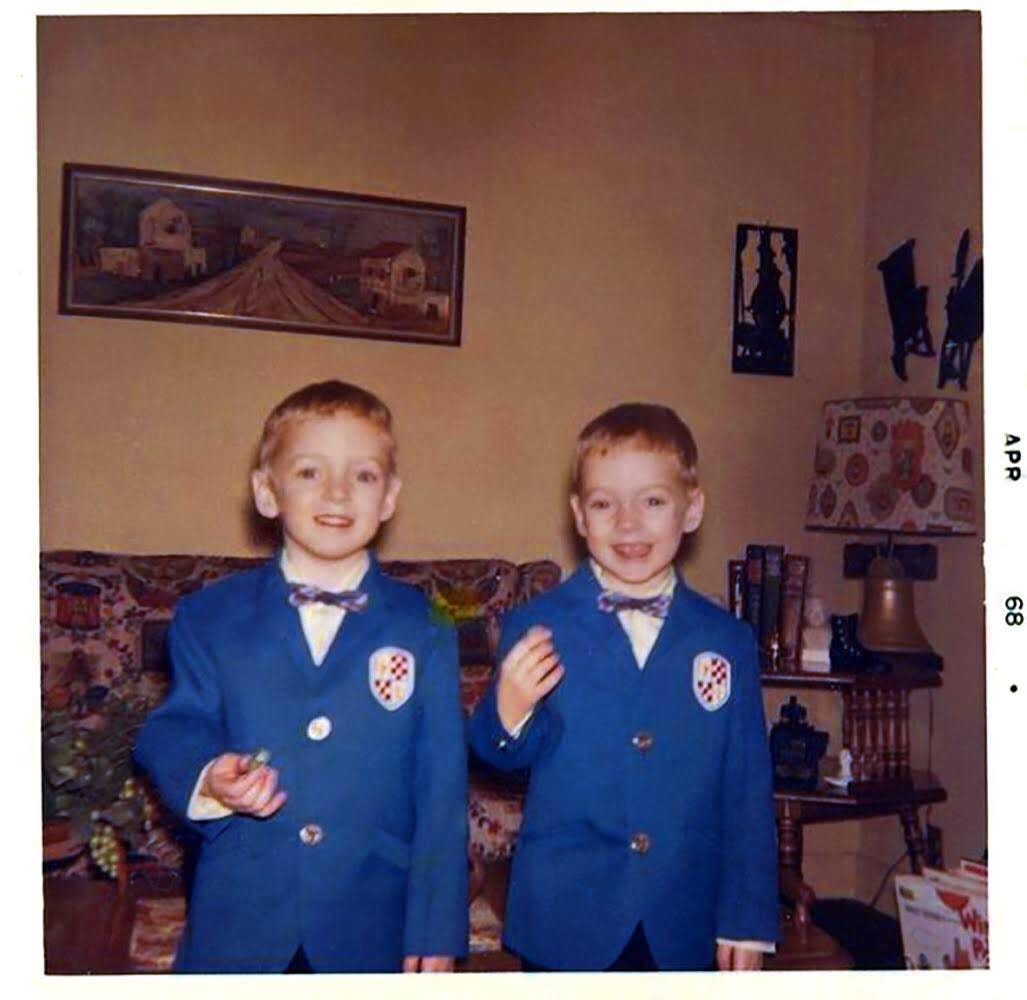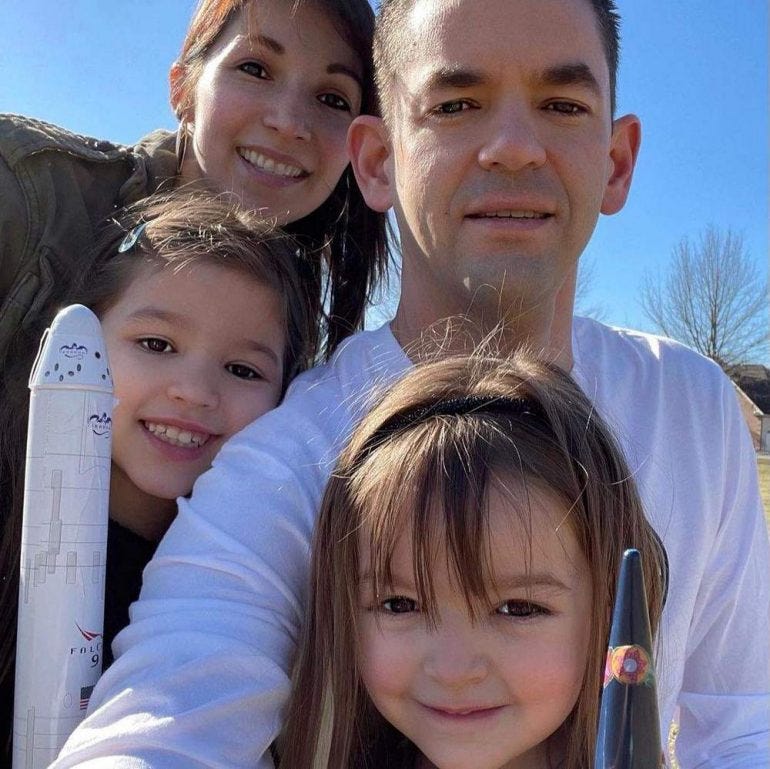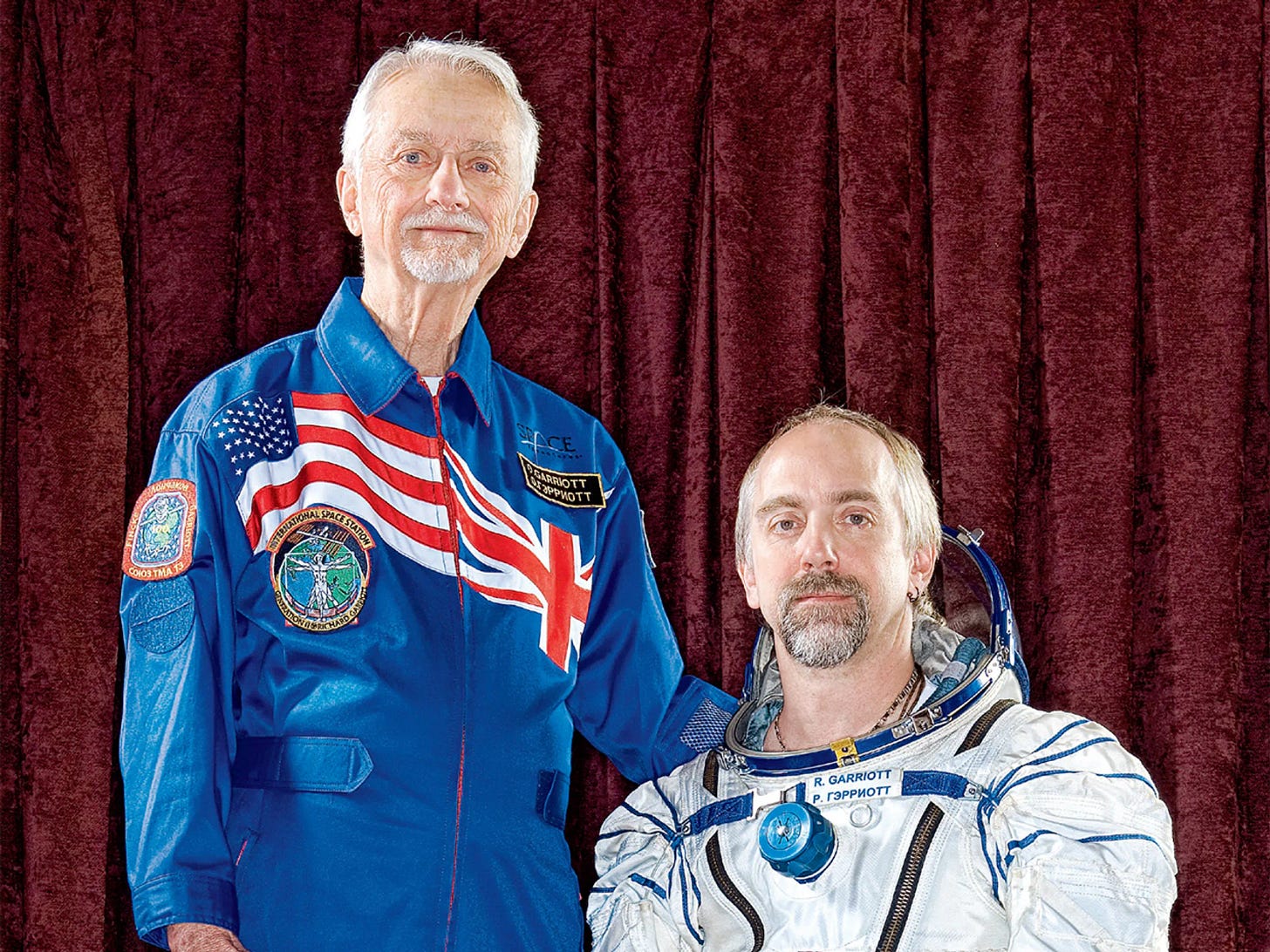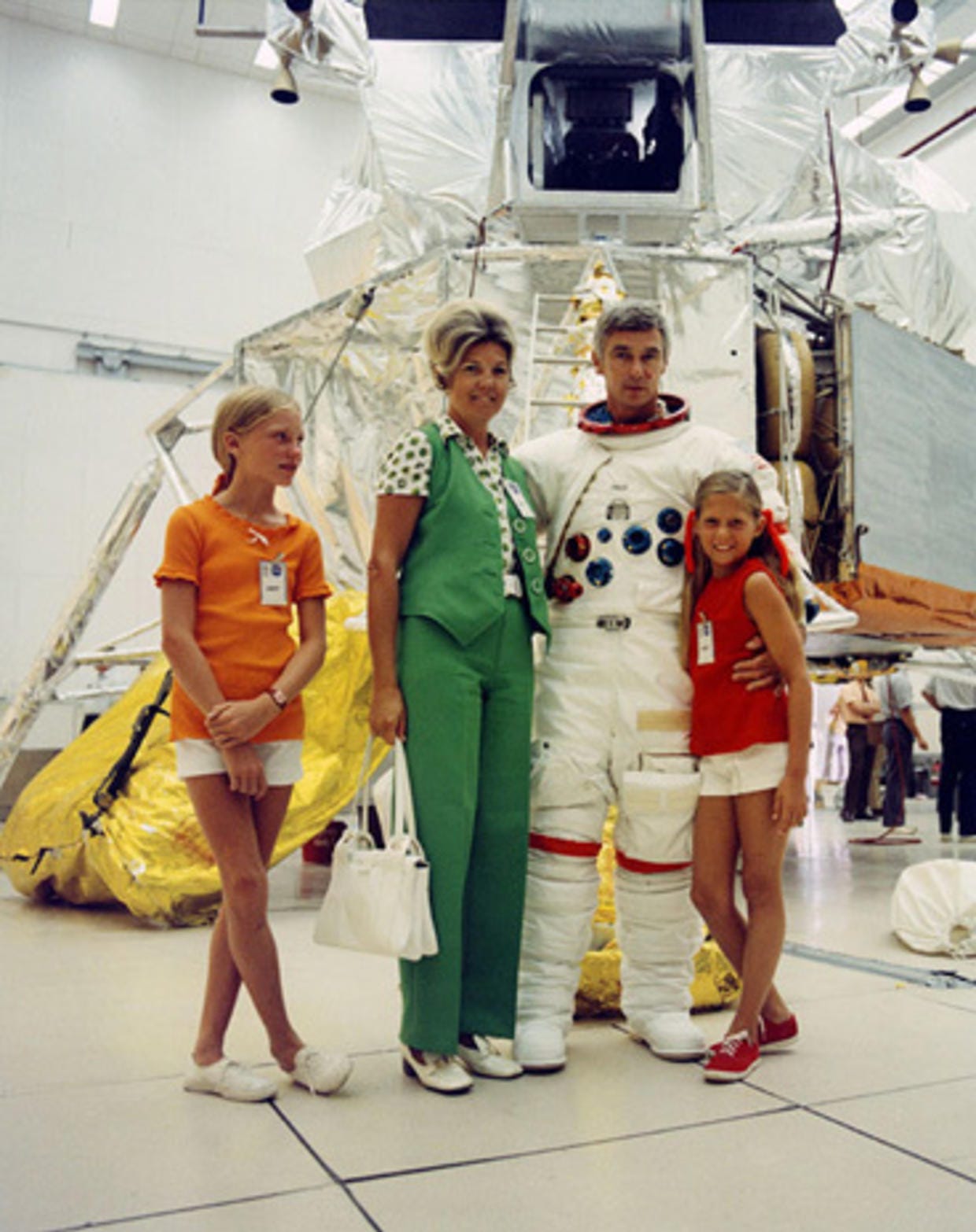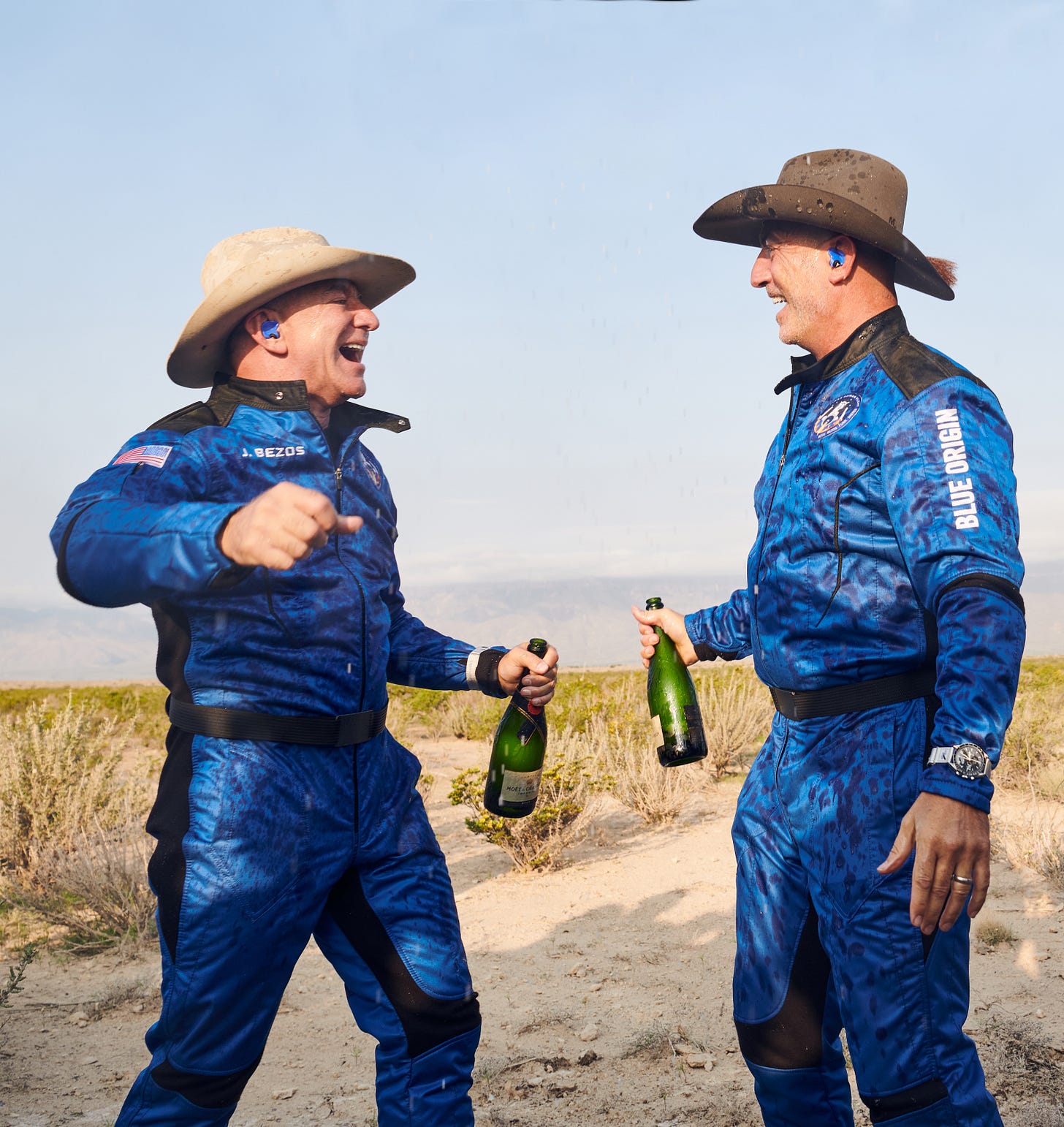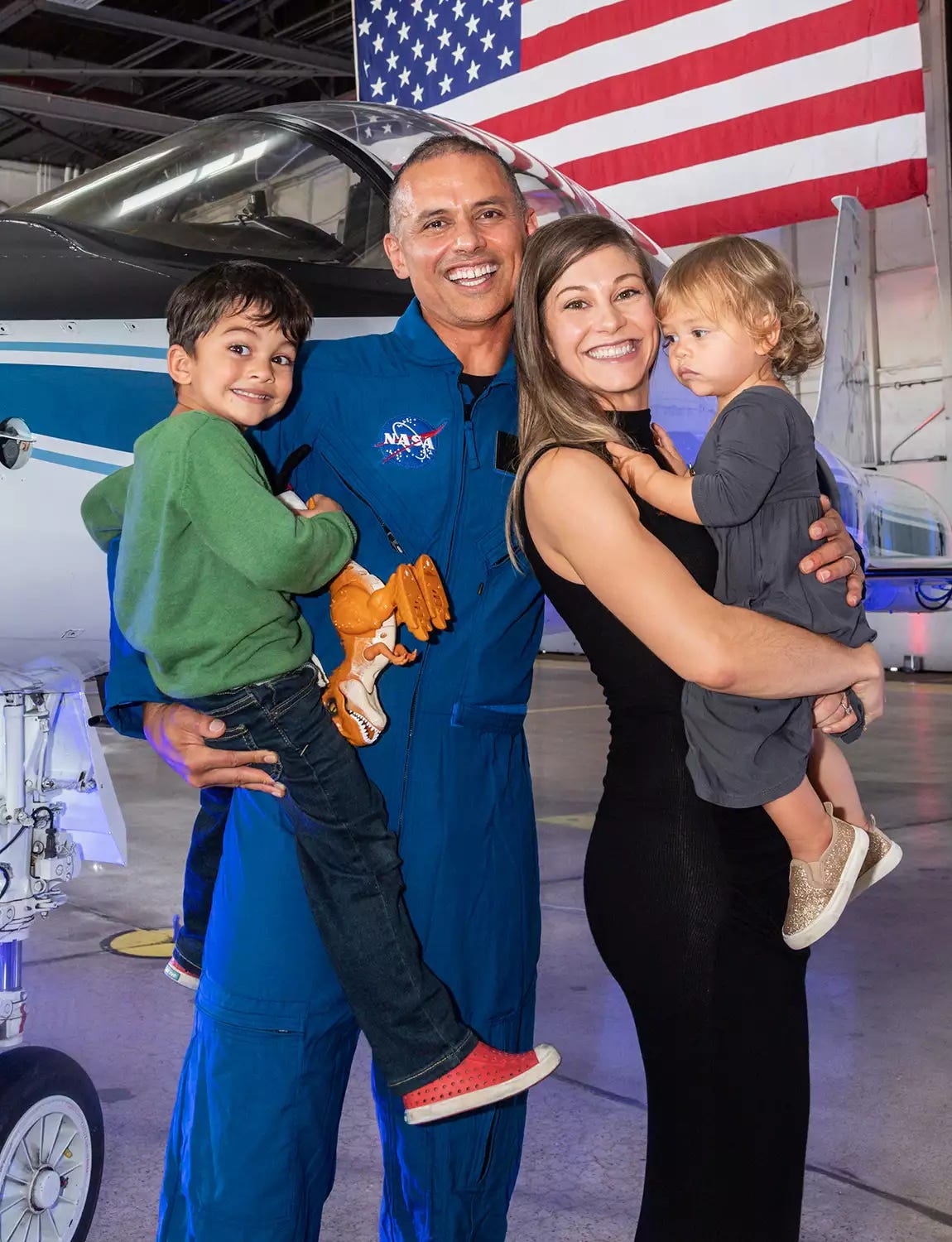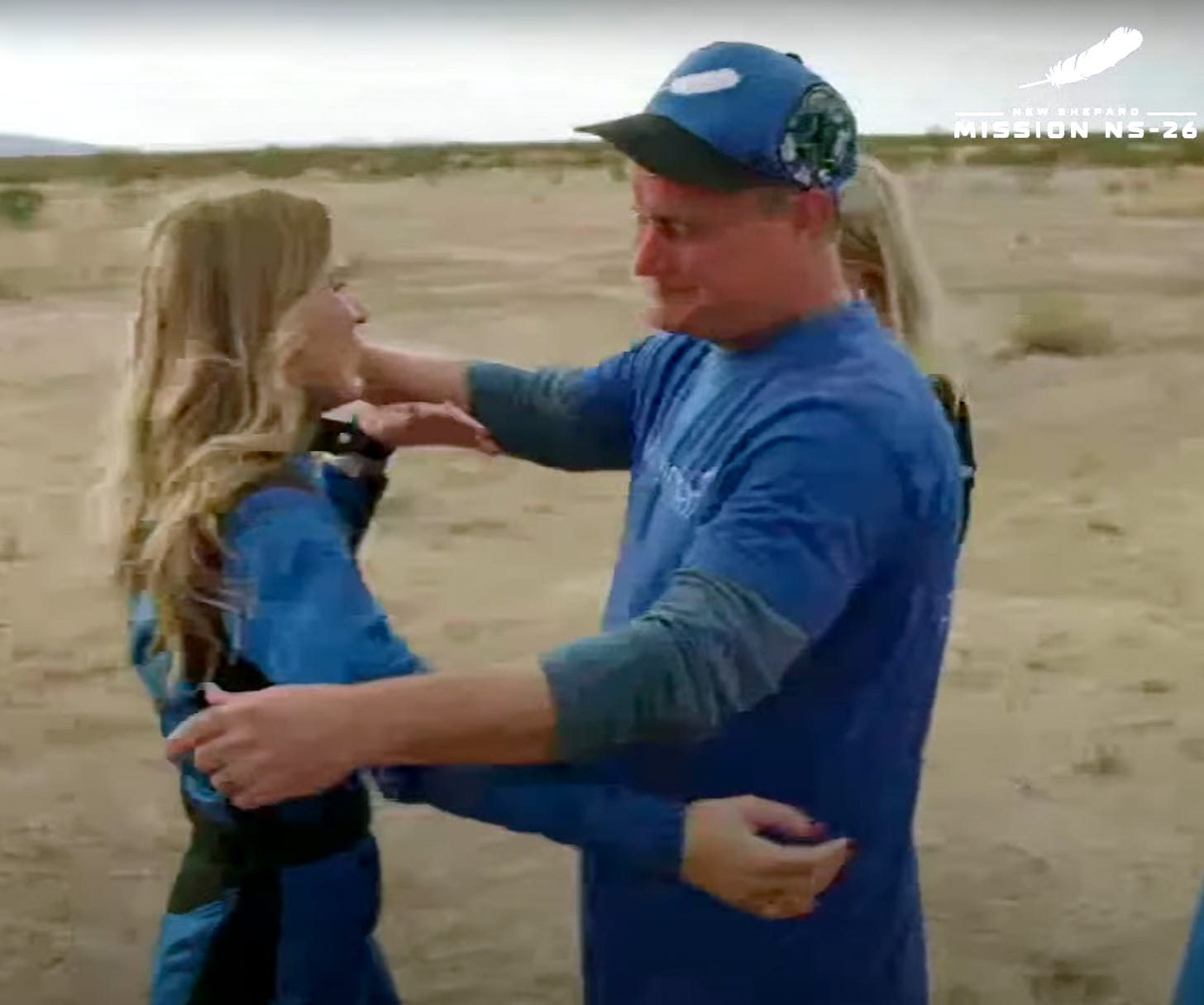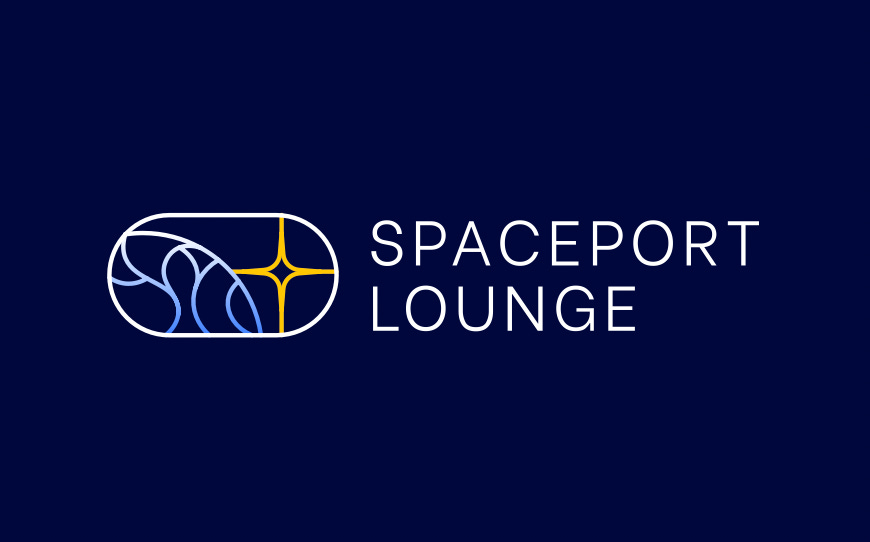Family Matters in Space
Multi-Astronaut Families are Rare, Yet Two Journey to Space This Week
With two commercial space launches this week that vary significantly in terms of duration and risk, the burgeoning travel segment is seeing an increase in family participation—and the drama that naturally accompanies it. Much of this tension arises from the inherent dangers of space travel, which qualifies as a "high-risk activity" that requires participants to sign a waiver acknowledging that fact.
Imagine listening to the countdown as your son, daughter, spouse, parent, or sibling anticipates launch while seated in a capsule atop a booster rocket loaded with 500 tons of highly combustible fuel. How would you feel, knowing that in the recent past, similar rockets, fortunately unmanned, have exploded due to issues as small as a corroded aluminum nut, a faulty strut, or a methane leak? Would you double down and send two family members or go yourself?
Space travel is rapidly becoming a new frontier for private adventurers. Among these pioneers are family members who are adding their names to a very short list of kin who have ventured into space.
Two Distinct Paths to Space This Week
This morning, August 29, Blue Origin’s suborbital mission NS-26 was set to launch six passengers into space during a ten-minute voyage to an apogee of about 66 miles. Jim Kitchen, a UNC professor and adventurer who traveled to space with Blue Origin in 2022, was in Van Horn, Texas, to watch his daughter, Karsen Kitchen, attempt to become the youngest person, at 21, to pass the Kármán line, the internationally recognized boundary of space.
Halfway across the country, in Cape Canaveral, Florida, SpaceX’s Polaris New Dawn mission idled after an initial delay due to a helium leak and then was delayed at least two more days by weather.
The SpaceX mission carries significantly more risk because it is a five-day orbital voyage blasting upward much further into space. The mission targets an altitude of 746 miles—over 500 miles higher than the International Space Station (ISS), which orbits at 248 miles—marking the highest human flight since the Apollo missions. The crew, though experienced in aviation and ground operations, has only one prior spaceflight among them. Additionally, they will engage in the first civilian spacewalk wearing newly developed SpaceX spacesuits yet to be subjected to the extreme elements of space.
Jared Isaacman, a wunderkind-made tech billionaire, gained that rare orbital experience by leading the Inspiration4 mission (featured in the inspirational docuseries Countdown on Netflix). Along with his wealth, astronautical feats, and private jet pilot laurels, he has the good fortune of family as a husband, and a father of two young daughters. What he risks leaving behind is immeasurable.
Joining Isaacman are his jet-pilot sidekick and strategist Scott Poteet, and two SpaceX operations engineers, Sarah Gillis and Anna Menon.
Anna was surprised to find herself scheduled for a space mission ahead of her husband, Anil Menon, an accomplished Navy jet pilot, aerospace surgeon, and NASA astronaut who is patiently waiting his turn to go to space for thje first time with NASA. Anna’s credentials are equally impressive, starting with a bachelor's degree in mathematics from TCU and a master's in biomedical engineering from Duke, followed by 14 years experience as an aerospace engineer for NASA and SpaceX. More than anything, it is a testament to how the private sector spaceflight is accelerating opportunities.
Space Family Connections
Multi-astronaut families are rare. Mark and Scott Kelly are perhaps the most famous astronaut siblings, both serving as NASA astronauts during multiple missions in the 2000s. This culminated with Scott’s year-long stay aboard the ISS in 2016, part of a groundbreaking study on the effects of space travel on the human body, with Mark serving as the control subject on Earth at the time. Their achievements highlight the unique contribution of twin astronauts.
Another notable family connection is between Owen Garriott and his son Richard Garriott. Owen was a NASA astronaut who flew on Skylab 3 and STS-9, while Richard followed in his father’s footsteps in a different way, becoming a private astronaut. In 2008, Richard flew as a private passenger with Roscosmos, the only available option at the time, to the International Space Station, making him the first second-generation American astronaut.
The legacy of space travel also extends to the Bezos and Shepard families. Jeff Bezos, who founded Blue Origin with his Amazon fortune, and his brother Mark Bezos flew together on Blue Origin’s first crewed flight. Alan Shepard, the first American in space, has a daughter, Laura Shepard Churchley, who honored her father's legacy by flying on a Blue Origin mission in December 2021. These family connections underscore the generational impact of space exploration and the deep ties that link families beyond Earth.
Cosmic Bonds
The shared experience of space travel can deepen the bonds between family members, adding layers of complexity and achievement. The Bezos brothers, for instance, not only fulfilled a childhood dream but also strengthened their connection by facing the unique risks of space travel together.
Anil and Anna Menon are the quintessential astronaut couple. Their commitment to exploration brings challenges, especially as they balance their demanding careers with raising a family. In their interview this year on the Family Made podcast (a definite must-watch), Anna discussed the Polaris New Dawn mission’s impact on their family: “We have a really big philosophy in our family of open communication. First and foremost, we took it home and talked about it.”
“One of the things that has been a really strong aspect of these decisions for us is that we have a tremendous amount of trust. We have both spent years working at NASA and SpaceX, and so we have seen how people develop hardware, software, operations, and fly missions. We have great faith in the processes that are used, and so that allows us to move forward carrying a tremendous amount of trust.”
She continued, “On the personal, emotional side, I think there is a universal change that happens in you when you become a parent. You become much more aware of your mortality, your legacy, the fact that it's not just you in the world, or even you and your partner. You have kids, you have these little people and their futures. We see that and carry that and take that responsibility really seriously. At the same time, I think we recognize that some passions are worth pursuing, and it’s important to show our kids what it looks like to follow your passions.”
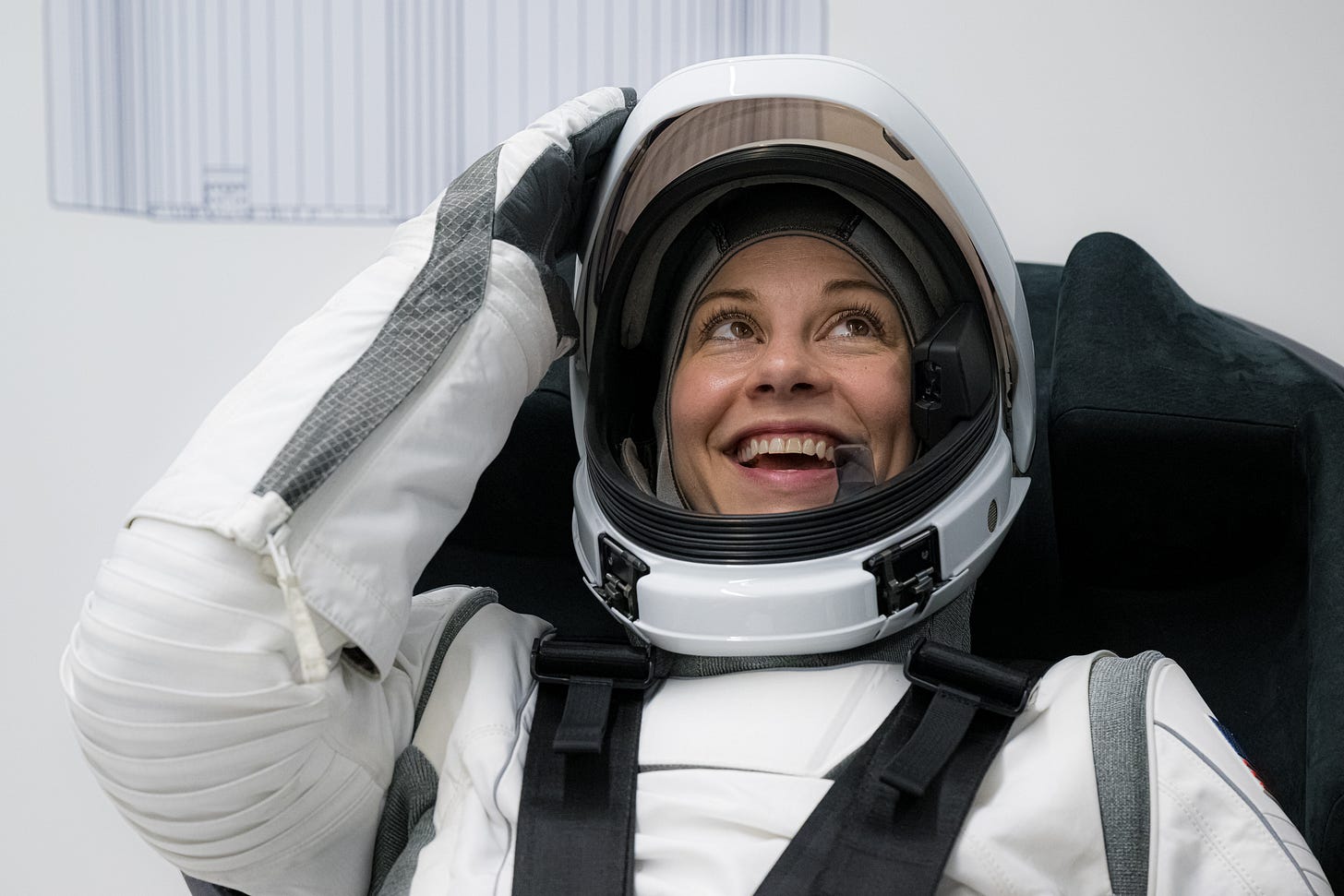
Jared Isaacman experiences a similar tension between his commitment to exploration and family obligations. A successful entrepreneur and father, Isaacman stated, "It's hard not to think about the risks." His journeys highlight the delicate balance spacefarers must navigate, driven by a sense of duty to both family and the broader mission of advancing humanity's presence in space.
Karsen Kitchen indeed became the youngest person to cross the Kármán Line today. She shared the historic moment with her spacefarer father, Jim, after the Blue Origin “First Step” capsule’s soft landing in the Texas desert. Their embrace after her exuberant exit from the capsule at the landing site symbolizes the unique bonds forged through the shared experience of space travel, underscoring the emotional significance of commercial spaceflight.
Godspeed to the crew of Polaris New Dawn and their families.




